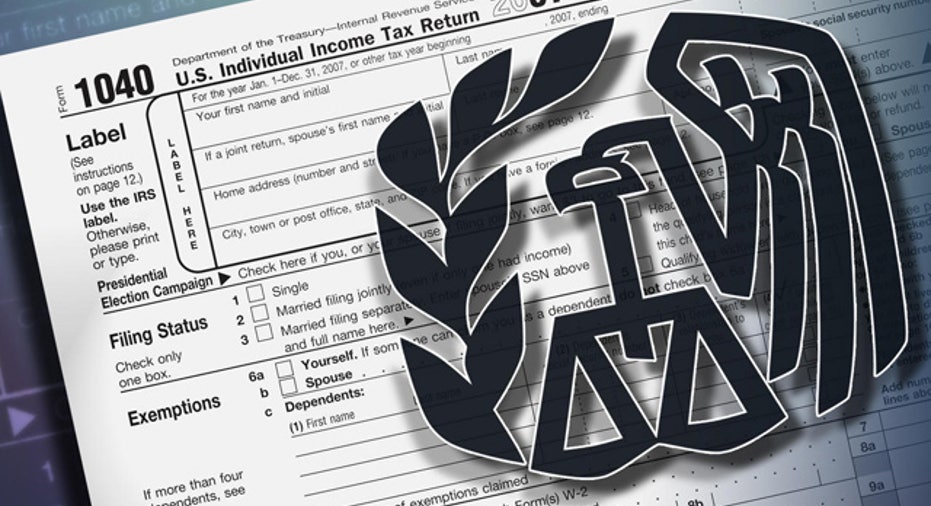Tips for Choosing a Tax Professional

We all rely upon professionals – doctors, lawyers, financial planners – to impart industry-specific wisdom and guidance. When you are self-employed, tax law becomes more convoluted and complex, so many small business owners put their trust and well-earned dollars in the hands of these professionals and expect honest and helpful results.
Unfortunately, it doesn’t always work out like that.
Over the years, I’ve run into my share of clients who have suffered at the hands of unscrupulous professionals and have not only lost money, but have also landed in hot water with the IRS. It’s a good idea to know what you are getting into when you sign on with a tax professional, so here are a few things to look at during the selection process:
Entity Structures. I got a call last week from a business owner who now owes the IRS $60,000 because she fell for a tax scheme that involved her creating an entity structure not suitable for her business. She’s a sole proprietor, but the tax “professional” set up a partnership making her mother, who had nothing to do with the business, a part owner. He then prepared tax returns taking deductions for personal expenses as well as business expenses. He also promised that the profit was not subject to self-employment tax. Well, he was wrong, and the IRS landed on all four feet.
When selecting an entity structure, you should consult with an attorney as well as a tax professional because the decision has legal as well as tax repercussions. And remember: If it sounds too good to be true, likely it is. Get a second opinion.
Credentials. If you are self-employed, your tax situation is much more complex than that of a W2 wage earner, so make sure your tax professional has experience and credentials such as being a certified public accountant (CPA), an enrolled agent, or tax attorney. In the story above, the tax professional in question was a ‘certified tax preparer’ which means he had 60 hours of education and off he went. Hardly enough to help anyone navigate 73,954 pages of tax code.
Rash Promsises. Please note that paying taxes is a necessary evil, but also a privilege. After all, the tax funds that you provide to the government come back to you in a variety of goods and services provided by the government. While you may not agree with all of the government’s actions, you have to admit that here in America, we enjoy a standard of living unlike any other on the planet. If a tax professional tells you that you won’t have to pay taxes ever again, or that taxation is unconstitutional, run for the door.
Also be wary of a tax professional who promises a refund before examining your data. I have seen many cases where the tax professional ends up in jail and the clients are subjected to IRS scrutiny.
Wanting your credit card number right off the bat. Tax professionals should offer an initial free (albeit brief) consultation to determine if they can help with a tax problem. Dishonest tax professionals often make a too-early grab for a credit card number after learning an individual owes a mountain of money to the IRS and is seeking relief or remedy.
The tax pro, after hearing the amount owed, will promise to prepare an offer in compromise where the taxpayer can get out from under for a substantially reduced amount. “Now give me your credit card number.” Well it’s not that simple. Just because someone owes a huge amount doesn’t mean the IRS will settle for less. And it’s not about who’s a good negotiator. There’s a formula.
The professional must do a thorough analysis, which might take a couple of hours to determine if that remedy is even suitable. If the tax pro asks for the credit card number before a basic discussion, you should run for the door. The ethical tax pro, however, is entitled to payment for performing the preliminary financial analysis.
If you have suffered at the hands of an unethical tax pro, you should be able to have penalties and interest abated. Make sure to ask for it, stating that you relied on the advice of the tax professional.



















